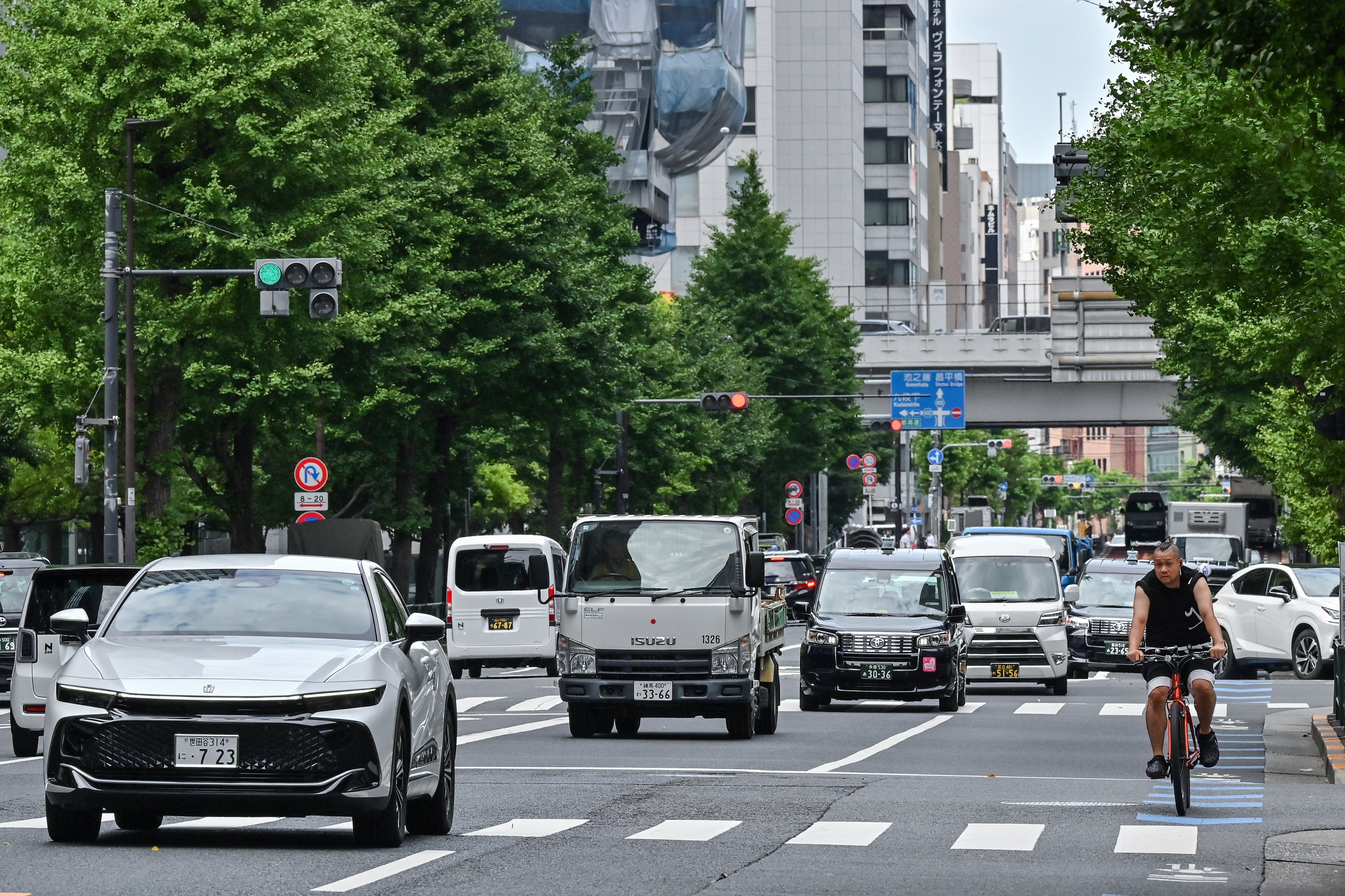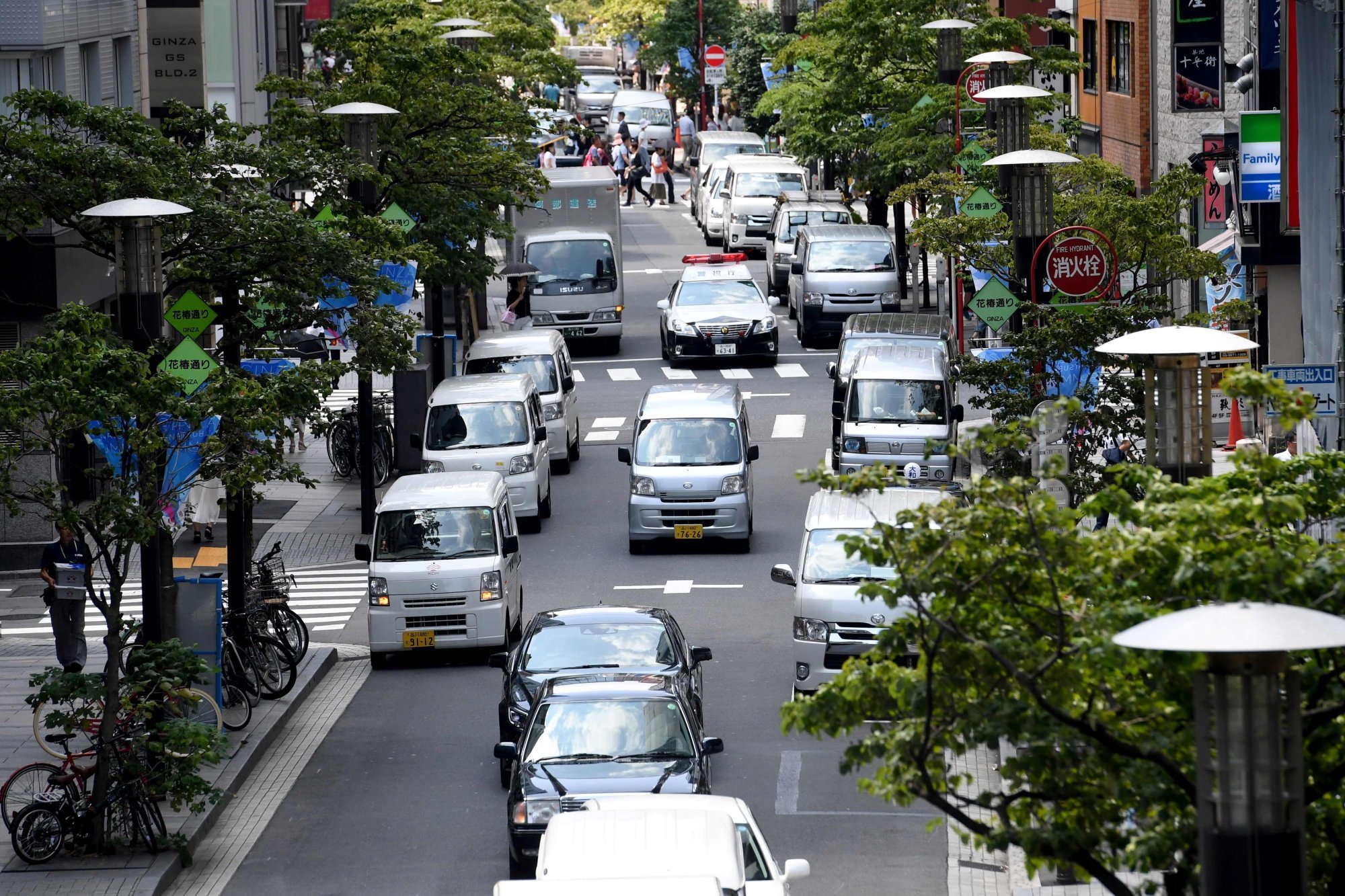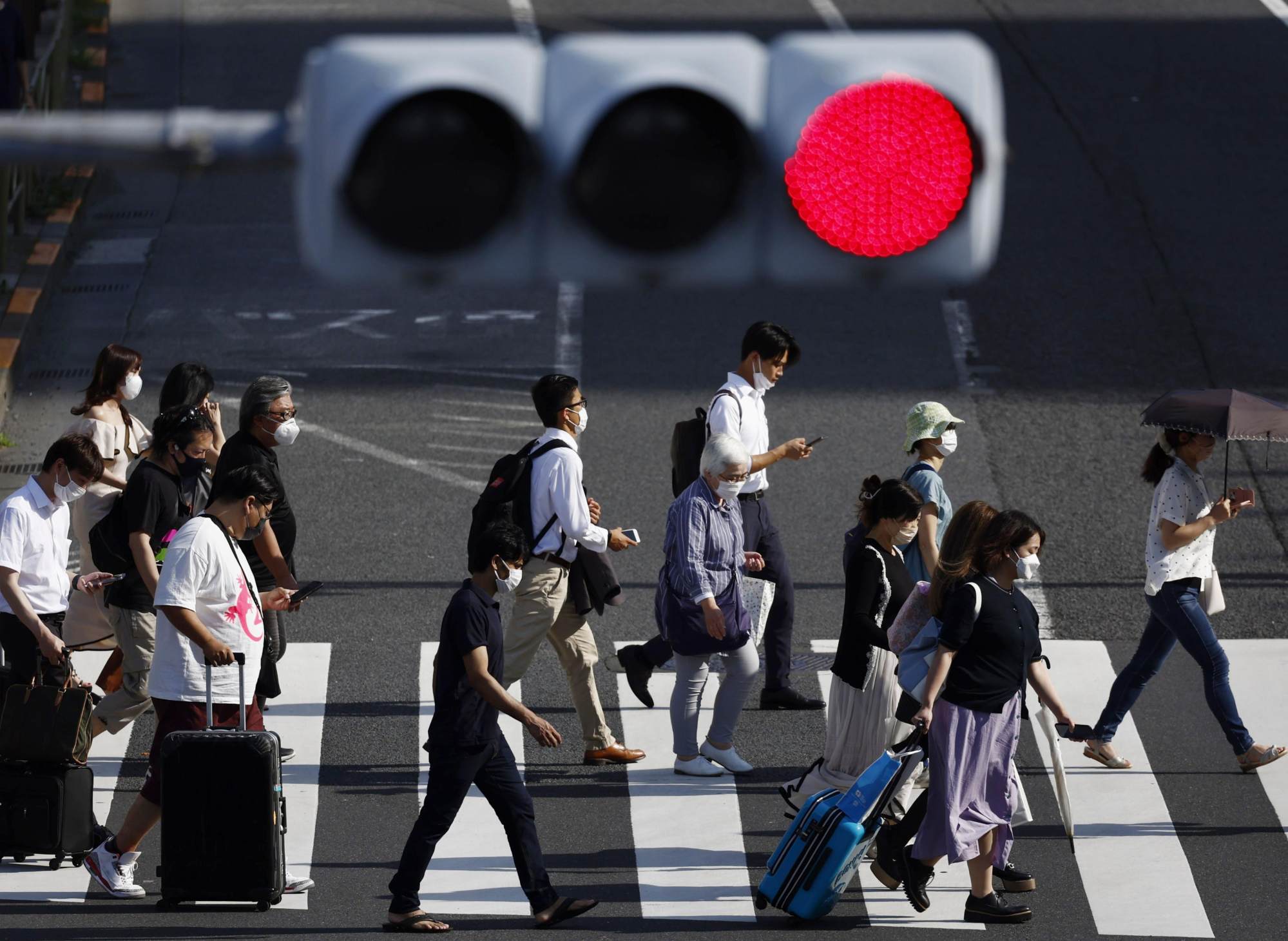In Japan, accident-prone foreign drivers spur licensing rethink
Surge in inbound tourism and immigration, coupled with ease of permit system, has led to more foreigners unfamiliar with Japan’s traffic rules

A series of high-profile accidents involving foreign drivers has prompted Japanese authorities to re-evaluate a decades-old system that allows overseas licence holders to obtain a local driving permit with minimal testing – a move experts say is long overdue as Japan sees a surge in inbound tourism and immigration.
Since 1993, foreigners holding a valid driving licence from their home countries have been allowed to convert it to a Japanese licence by answering just seven out of 10 questions on a multiple-choice exam correctly. No practical driving test or mandatory training is required under the current rules.
The ease of the process has drawn renewed scrutiny in the wake of recent fatal and dangerous incidents. Tokyo Broadcasting System reported that Manabu Sakai, who heads the National Public Safety Commission, admitted in a parliamentary session in March that “the written test is simple, even in my opinion”.

While Japan’s roads are widely regarded as safe, challenges abound for newcomers – from navigating densely populated urban streets to adjusting to left-hand driving and unfamiliar signage. And when mistakes are made, the consequences can be deadly.
In January, police in Yokohama arrested a Turkish man who was driving a large truck but struck an elderly woman on a bicycle at a crossing. The 73-year-old woman was killed and the driver has been charged with her death.
On Sunday, a Peruvian man was caught on security cameras driving for about 10km on the wrong side of a motorway in Mie prefecture, in central Japan. As the man’s car drove into the oncoming traffic, other vehicles were forced to take evasive action, causing a number of collisions.
The man reported to a police station after the incident attracted extensive media coverage. He has been charged with dangerous driving and causing damage to other vehicles.
Three days earlier, a Thai man was arrested in Ibaraki prefecture, in northeast Japan, on suspicion of driving a light van under the influence of alcohol. The man had reportedly crashed into a road sign and turned over.

Last week, an SUV driven by a Chinese national hit a group of 10 pupils returning home from school in Saitama prefecture, injuring four before fleeing the scene. The driver, identified as Deng Hongpeng, was arrested on Sunday after he reported to a police station. The passenger in the vehicle, named as Wang Hongli, has also been detained.
National broadcaster NHK reported that police believed the suspect had been drinking before the accident.
The Yomiuri newspaper has reported that 42-year-old Deng, a demolition worker, obtained his driving licence through the existing conversion system after moving to Japan.
“This has been a problem for a few years now, but with more tourists coming to Japan and renting hire cars and more foreigners living here, the National Police Agency has decided that something needs to be done,” said Shinichi Ishizuka, founder of the Tokyo-based Criminal Justice Future think tank.
“For many foreigners, driving in Japan is harder because we drive on the other side of the road, they may not be able to read the Japanese signs and there are driving rules that are unique to this country, so maybe it is not a surprise that accidents are happening,” he told This Week in Asia.
“But if more tourists are going to hire cars and more foreigners are going to live in Japan, the police say measures need to be taken to make sure they follow the rules and are driving safely.”

According to Ishizuka, new regulations are likely to be put in place before the end of the year to require holders of a foreign driving licence to undergo more rigorous testing on their understanding of road laws in Japan and, potentially, a driving test similar to the one that Japanese drivers are required to pass.
A number of other loopholes are also likely to be addressed, including barring individuals without residency in Japan from holding a permanent Japanese driving licence and stopping foreign nationals who only provide a hotel address from obtaining a permit, he added.
A study by the Traffic Accident Research Centre over a five-year period from 2014 determined that in a test group of 4,520 Japanese people and 341 foreigners living in Japan, the accident rate was four times higher among the foreigners.